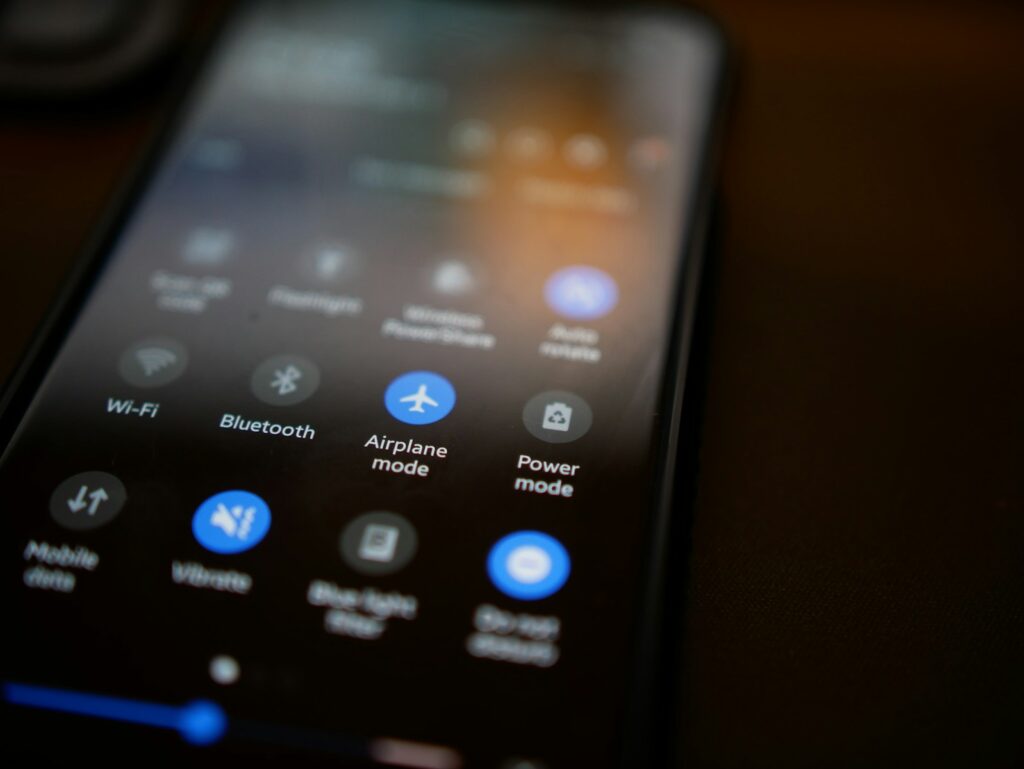Mornings shape the quality of the day. A well structured morning routine helps improve mood, energy, and focus while reducing stress levels throughout the day. Instead of rushing or relying on guesswork, building small science backed practices into your mornings ensures a consistent positive effect. These are not vague tips but practical routines supported by research, with details on how long each takes, what you need, and the proven benefits. By approaching mornings with deliberate actions, you can create lasting improvements in productivity, health, and mental well being without feeling overwhelmed.
1. Drink a glass of water immediately after waking

This takes less than two minutes. Keep a glass or bottle of water by your bedside so you can drink it right after waking. The body loses water during sleep through respiration and sweating, so rehydrating helps restore balance and kick starts metabolism. Research from the National Academies of Sciences shows mild dehydration can reduce cognitive performance and energy. Starting with water improves alertness and helps digestion. You need only clean drinking water and a consistent habit. This small step refreshes your body faster than coffee and gives your brain the hydration it needs to function at its best.
2. Step into natural light within 30 minutes

Spending 5 to 10 minutes outdoors or near a window with strong daylight signals your brain to stop producing melatonin, the sleep hormone. You need direct exposure to natural sunlight without sunglasses if possible. Studies from the National Center for Biotechnology Information show morning light improves circadian rhythm regulation, making it easier to fall asleep at night and wake up energized. It also helps mood by boosting serotonin levels. You only need open access to daylight such as a balcony, window, or outdoor space. Doing this daily regulates your biological clock more effectively than alarm clocks alone.
3. Practice deep breathing for oxygen balance

This requires only three to five minutes. Sit comfortably in a quiet space and use the box breathing technique: inhale for four seconds, hold for four, exhale for four, and hold for four again. Research from Harvard Medical School shows controlled breathing reduces cortisol levels and activates the parasympathetic nervous system, leading to improved focus and reduced anxiety. You do not need any equipment. This exercise stabilizes heart rate, clears brain fog, and improves attention span. Practicing mindful breathing before checking your phone ensures your mind starts calm and centered instead of scattered and overstimulated.
4. Stretch with mobility focused movement

Spend 5 to 8 minutes on dynamic stretches such as cat cow, spinal twists, and hip openers. You need a yoga mat or a clean floor space. Stretching improves circulation after lying still all night and decreases morning stiffness. Research published in the Journal of Physical Therapy Science shows daily stretching increases flexibility and reduces musculoskeletal discomfort. It also activates the lymphatic system which supports immunity. Unlike quick toe touches, mobility stretches target joints and core muscles that prepare you for walking, standing, or exercising later in the day. This routine prevents sluggish posture and helps physical readiness.
5. Write down three priorities for the day

Use 3 to 5 minutes and a notebook. Write the top three realistic tasks that would make the day successful. Research from Dominican University of California shows that writing goals increases achievement by over 40 percent compared to keeping them in your head. This prevents decision fatigue and keeps focus on meaningful work. Avoid listing more than three to avoid overwhelm. You need paper and pen only. This simple act organizes thoughts, reduces anxiety, and helps create a sense of control. It sets a mental anchor for the day and builds progress toward long term goals.
6. Eat a protein rich breakfast

Spend 10 to 15 minutes preparing something simple like eggs, yogurt with nuts, or a smoothie with protein powder. Research in the American Journal of Clinical Nutrition shows protein at breakfast improves satiety and stabilizes blood sugar throughout the morning. A balanced breakfast helps avoid mid morning cravings and keeps energy steady. You need basic ingredients with at least 20 grams of protein. This practice supports muscle repair and cognitive performance. Skipping breakfast can cause fatigue and irritability while a protein focused meal improves concentration for several hours and supports metabolic health long term.
7. Practice gratitude journaling

Take 3 to 5 minutes to write down two or three things you genuinely appreciate. Research from the Greater Good Science Center at the University of California Berkeley shows gratitude journaling improves optimism and lowers stress hormones. You need a notebook or digital notes app. Focus on specific details instead of vague ideas such as a conversation that made you smile or the comfort of your morning coffee. This trains the brain to notice positives, which builds resilience. Regular practice strengthens mental well being, decreases depressive symptoms, and creates a foundation for more optimistic thinking patterns.
8. Do a short high intensity movement burst

This takes 5 minutes and requires no equipment. Perform exercises such as 20 squats, 10 pushups, and 30 seconds of jumping jacks repeated twice. Research in the Journal of Physiology shows even short bursts of high intensity exercise improve insulin sensitivity and cardiovascular health. Quick movements increase endorphins which elevate mood and prime your muscles for the day. You need comfortable clothes and enough space. This is not about long workouts but about stimulating blood flow and waking up the nervous system. It prevents grogginess better than extra coffee and promotes long term metabolic fitness.
9. Read something inspiring or educational

Dedicate 10 minutes to reading a book, article, or short passage that stimulates growth instead of scrolling through news or social media. Research published in the Journal of Applied Cognitive Psychology shows active reading strengthens comprehension and critical thinking. You need only a book, e reader, or printed article. Choose content aligned with your goals such as personal development, science, or a meaningful biography. This practice sets a constructive tone for the day and trains your attention span. Unlike passive scrolling, reading sharpens focus and encourages curiosity, which are valuable for problem solving later in the day.
10. Visualize your day with detail

Spend 3 minutes closing your eyes and imagining how your day unfolds successfully. Picture walking into your tasks with confidence, handling challenges calmly, and ending with satisfaction. Sports psychology research from the University of Chicago shows visualization improves performance by activating the same neural pathways as physical practice. You need a quiet place with no distractions. Visualization builds mental rehearsal that reduces stress and sharpens clarity. It helps you enter the day already mentally prepared for difficult situations. Practiced consistently, this routine strengthens self belief and makes success feel more achievable before the day even begins.
11. Keep your phone on airplane mode until routine ends

This requires discipline rather than extra time. Avoid checking messages or social media until you complete your core morning practices. Research from the American Psychological Association shows frequent notifications increase cortisol and lower productivity. By setting your phone aside you protect mental clarity and prevent reactive thinking. You need to activate airplane mode or keep the device in another room. This creates an intentional boundary that allows you to start the day with purpose rather than distraction. It improves focus, reduces stress, and builds control over technology use instead of being controlled by it.
12. Make your bed with attention

Spend 2 minutes neatly arranging your bed. Research highlighted in a Naval Admiral William McRaven commencement address and later studies in environment psychology show that making the bed creates a sense of accomplishment and order which carries into other tasks. You need nothing beyond your existing sheets and blankets. The act signals to your brain that rest time has ended and the day has begun. It also improves sleep hygiene since a well made bed is associated with better quality rest at night. This routine is a quick win that strengthens discipline and creates mental clarity.
Comments